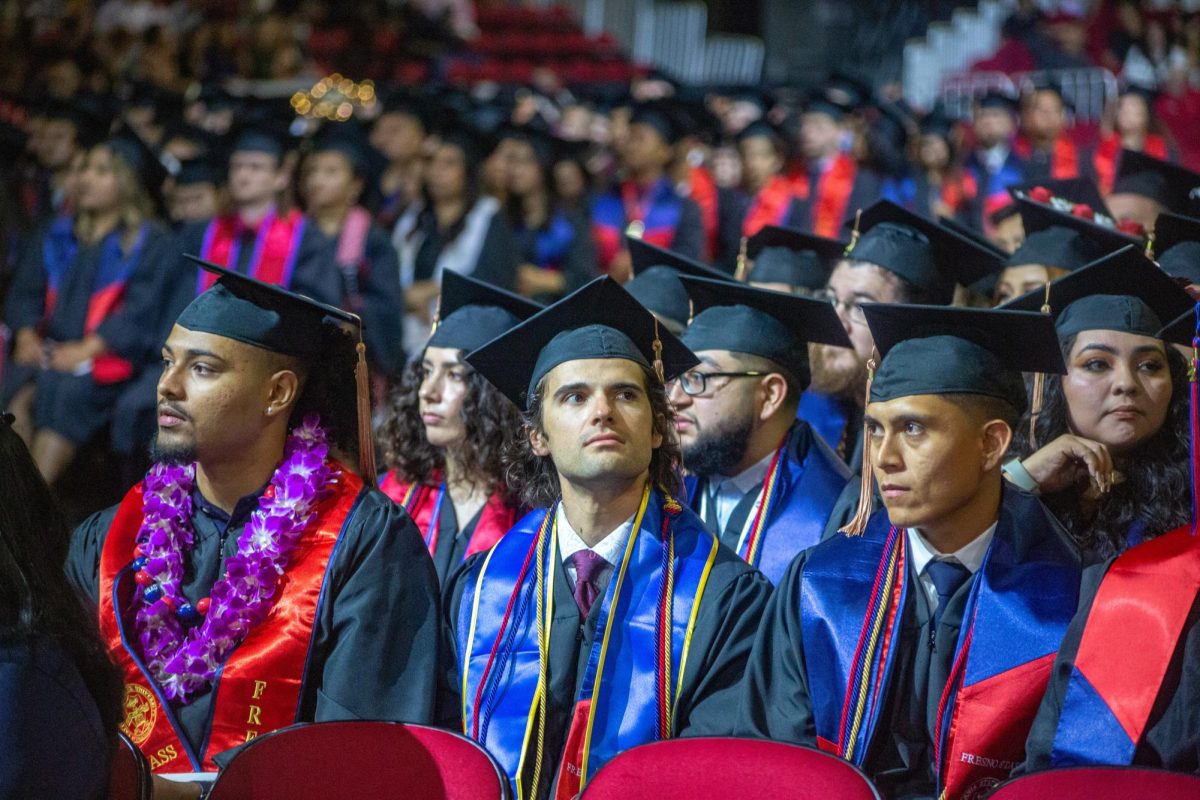This story was updated on Feb. 23 with new information.
A federal judge largely blocked President Donald Trump’s executive order to end diversity initiatives on Friday, Feb. 21, according to AP News.
U.S. District Judge Adam Abelson in Baltimore found that the order can carry constitutional violations.
ORIGINAL STORY (posted Feb. 20)
A letter sent on Feb. 14 by the United States Department of Education gave schools and universities two weeks to cease diversity initiatives. It came with a warning that failure to do so will jeopardize receiving federal funding.
This has put colleges and schools in a tight timeframe to make a decision that would impact the lives of millions of students.
According to NPR, the at-risk funding includes Title IV, student loans, state funding for curriculum development and support for students with special needs.
Also targeted are cultural commencement ceremonies. The letter specified that graduation ceremonies that honored Black students could be considered discriminatory, according to the New York Times.
Fresno State is a public university, meaning that it receives federal funding every year.
“For fiscal year 2023-2024, there was $75.5 million in federal financial aid, along with another $250k in federal grants. Beyond that, there was an additional $40.9 million in direct federal loans to students. This funding does not flow through the University general fund for operations, which is why the budget status does not speak to this as a funding source (the primary sources of funding for the university operations are the state general fund allocation and tuition revenue),” said Jeffery Blanks director of Budget Planning and Management for Fresno State in a statement to The Collegian.
Title IV is the main funding source for scholarships and financial aid for students which includes: the Federal Pell Grant Program, the Federal Supplemental Educational Opportunity Grant Program, the TEACH Grant Program, the Federal Work-Study Program among others.
The Collegian reached out to the Fresno State Educational Opportunity Program for a comment but they declined and suggested reaching out to the Fresno State president’s office.
The Collegian requested a comment from President Saúl Jiménez-Sandoval regarding the situation and how Fresno State plans on approaching the situation.
In return, Fresno State Public Information Officer Lisa Bell provided a statement on behalf of the California State University (CSU).
“The California State University is aware of the recent letter issued by the Department of Education’s Office of Civil Rights regarding race-conscious student programming and DEI. As this type of action is unprecedented, we are consulting with the California Attorney General and higher education partners across the country to better understand the statewide impact of this letter.”
Fresno State’s population was over 24,000 in the Fall 2024 semester hosting a diverse campus of students that identify as Hispanic, African American, Asian, White, Pacific Islanders and more.
The diversity of the University has prompted for different cultural commencement ceremonies like the American Indian Graduation Honoring and Celebration, International Convocation, African American Student Recognition Ceremony, Asian American and Pacific Islander Graduation Celebration, Rainbow Graduation Celebration and the Chicano/Latino Commencement Celebration.
Fresno State Professor Victor Torres spearheads the Chicano/Latino Commencement and shared his perspective of the future of the ceremony.
“All students, regardless of sex, race, color or national origin, who are interested in the event’s mission and focus are welcome to participate in CLCC,” he said. “In fact, we often have non-Latino graduates participate. As such, I do not anticipate the recent OCR letter regarding ‘race-based’ programs to negatively affect the CLCC or any other cultural affinity graduation event at this time because we are not a race-based program.”
The status of how schools and universities will approach this situation is unprecedented and also dependent if a court attempts to stop the order.




